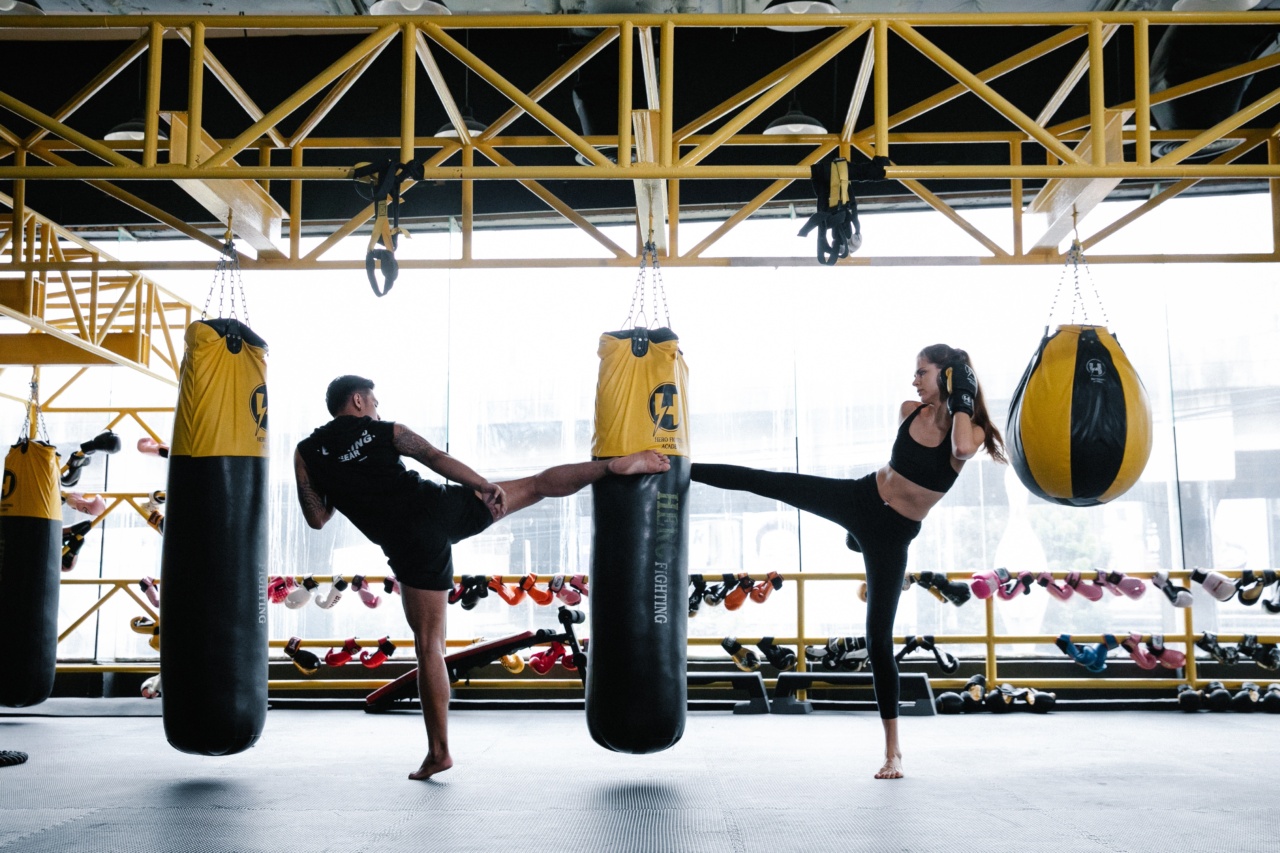Do you struggle with sleeplessness and find yourself tossing and turning at night? You are not alone. Many individuals experience difficulty falling asleep or staying asleep, which can have a negative impact on overall health and well-being.
While there are various factors that contribute to sleep disturbances, incorporating regular physical activity into your routine can be an effective way to combat sleepless nights. In this article, we will explore eight exercises that can help promote better sleep and improve your quality of life.
1. Jogging or Running
Engaging in moderate to intense aerobic exercises like jogging or running can significantly contribute to better sleep. Regular cardiovascular workouts help reduce anxiety and stress levels, which are often the culprits behind sleep disorders.
Jogging or running stimulates the production of endorphins, which are known as “feel-good” hormones. These endorphins promote relaxation and help regulate sleep cycles.
2. Yoga
Yoga is a holistic practice that combines physical postures, breathing exercises, and meditation. It is known for its calming effects on the body and mind.
The gentle stretching and controlled breathing involved in yoga help release muscle tension and encourage deep relaxation. Regular yoga practice has been linked to improved sleep quality and reduced insomnia symptoms.
3. Stretching
Simple stretching exercises performed before bedtime can be incredibly beneficial for promoting sleep. Stretching helps alleviate muscle tightness and increases blood flow to the muscles, relieving any residual tension from the day.
Incorporating a stretching routine into your nightly ritual can signal to your body that it is time to relax and prepare for restful sleep.
4. Meditation
Meditation is a practice that involves focusing your attention and eliminating the stream of thoughts that may be causing stress and keeping you awake at night.
By incorporating daily meditation into your routine, you can enhance relaxation and reduce anxiety, leading to improved sleep quality. There are various meditation techniques to explore, such as guided meditation, mindfulness, or Transcendental Meditation.
5. Deep Breathing Exercises
Deep breathing exercises are a powerful tool for relaxation that can be done anywhere, including your bed. These exercises involve inhaling deeply through your nose, filling your lungs, and slowly exhaling through your mouth.
Deep breathing triggers the body’s relaxation response and helps calm the mind, making it easier to fall asleep and stay asleep throughout the night.
6. Progressive Muscle Relaxation
Progressive muscle relaxation (PMR) is a technique that involves sequentially tensing and then releasing different muscle groups. This exercise helps release muscle tension and promote physical and mental relaxation.
By learning to recognize and release tension in the body, you can create a more peaceful and conducive environment for sleep.
7. Bedtime Workout
Scheduling a short workout routine specifically designed for bedtime can help optimize your sleep. This routine should include gentle stretches, yoga poses, and low-impact exercises.
Unlike vigorous workouts, a bedtime workout focuses on preparing your body for sleep rather than energizing it. This sequence of exercises can help relax your body and mind, promoting a smoother transition into a restful night’s sleep.
8. Breathing Techniques Before Bed
Before bed, try incorporating breathing techniques to calm your mind and relax your body.
One effective technique is the 4-7-8 breath, where you inhale through your nose for a count of 4, hold your breath for a count of 7, and exhale through your mouth for a count of 8. This breathing technique stimulates the body’s relaxation response and can help you unwind, making it easier to fall asleep.
Regular physical activity and relaxation techniques such as jogging, yoga, stretching, meditation, deep breathing exercises, progressive muscle relaxation, bedtime workouts, and breathing techniques before bed can all contribute to a better night’s sleep. By incorporating these exercises into your routine, you can empower yourself to combat sleepless nights and enjoy improved sleep and overall well-being.































